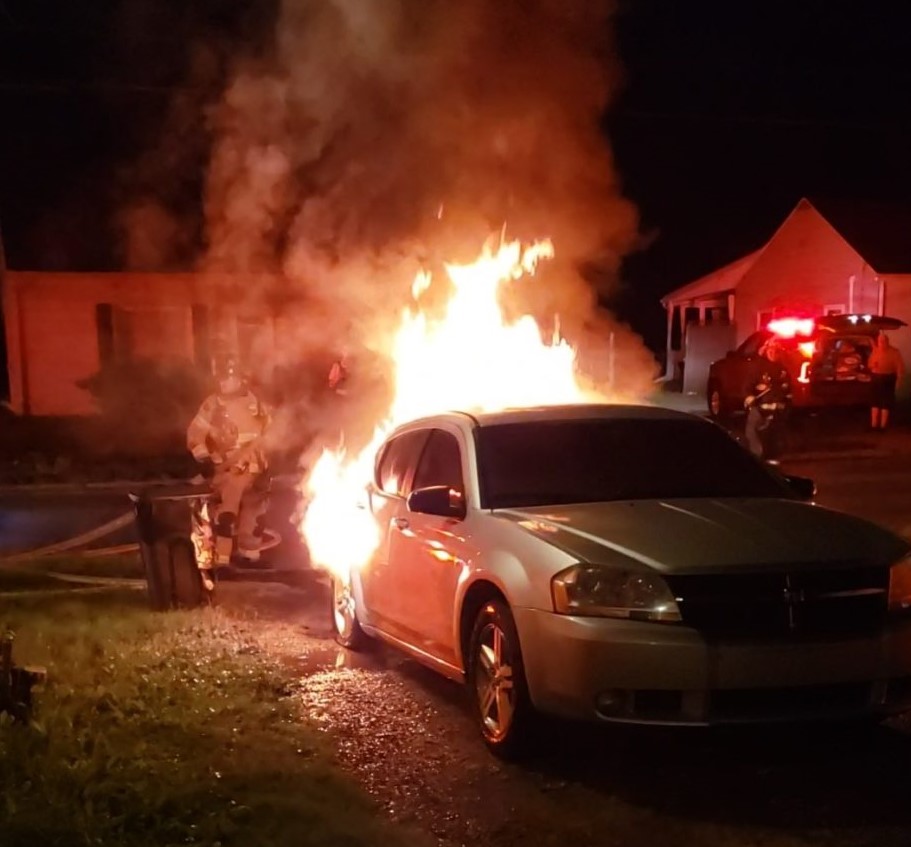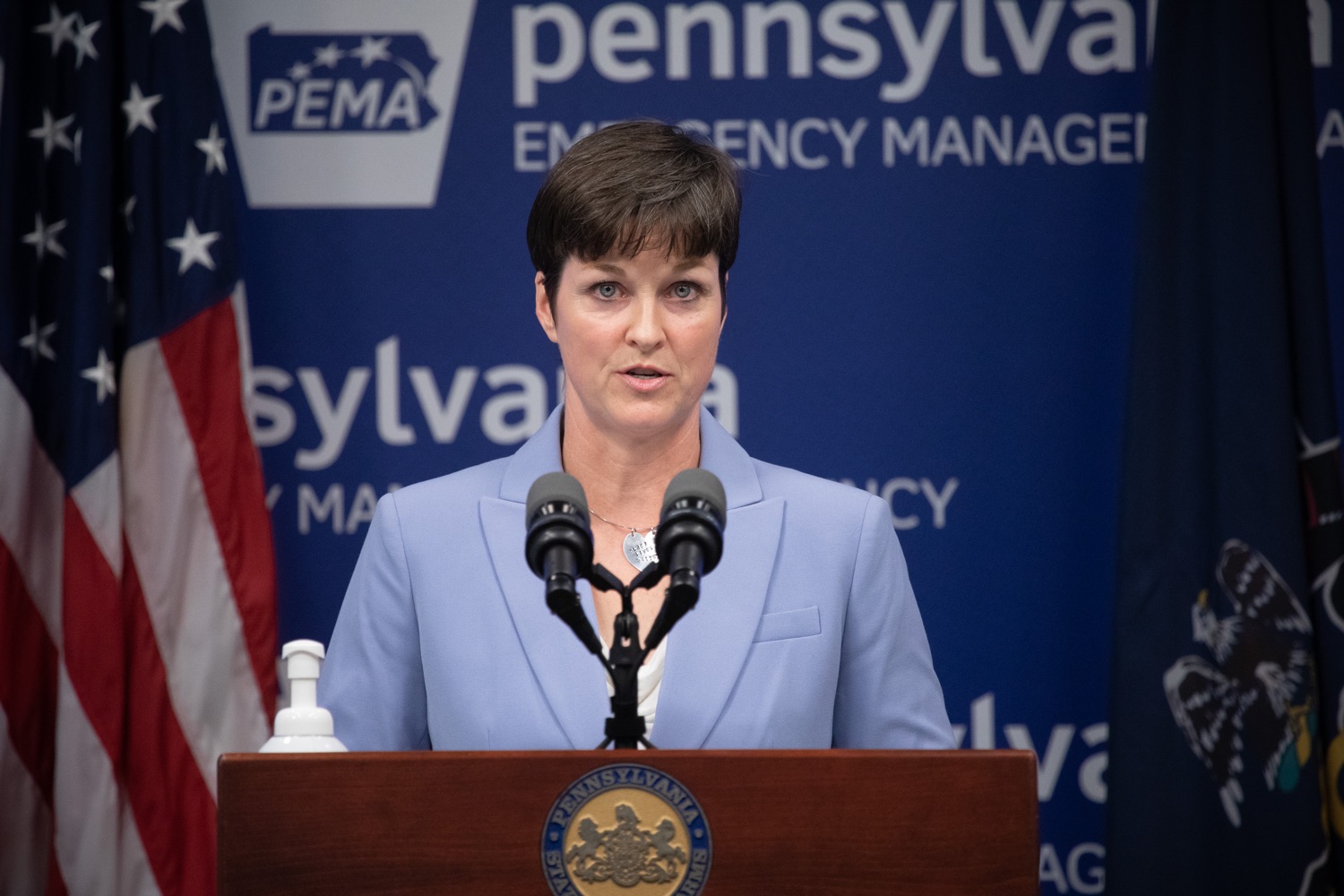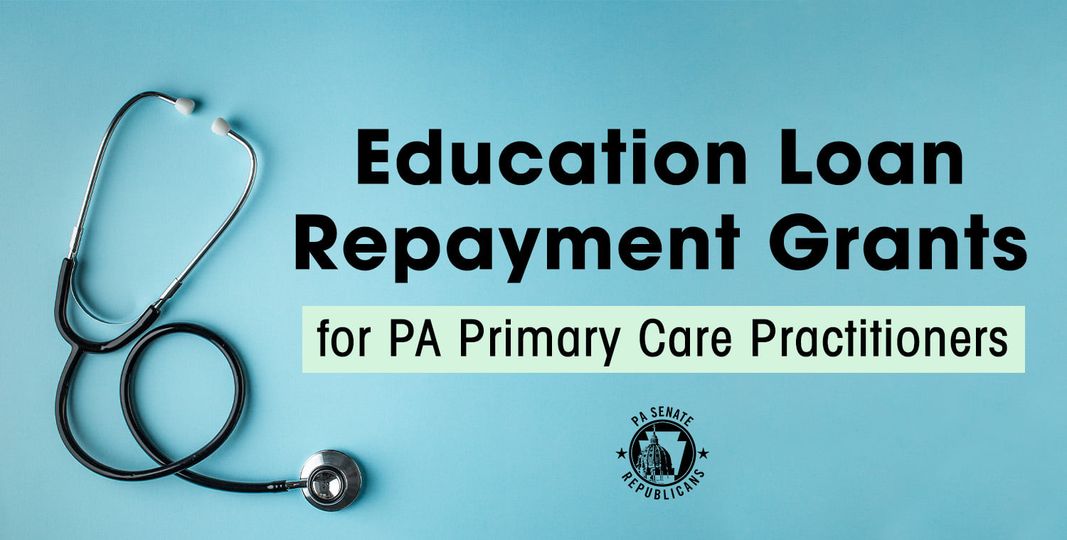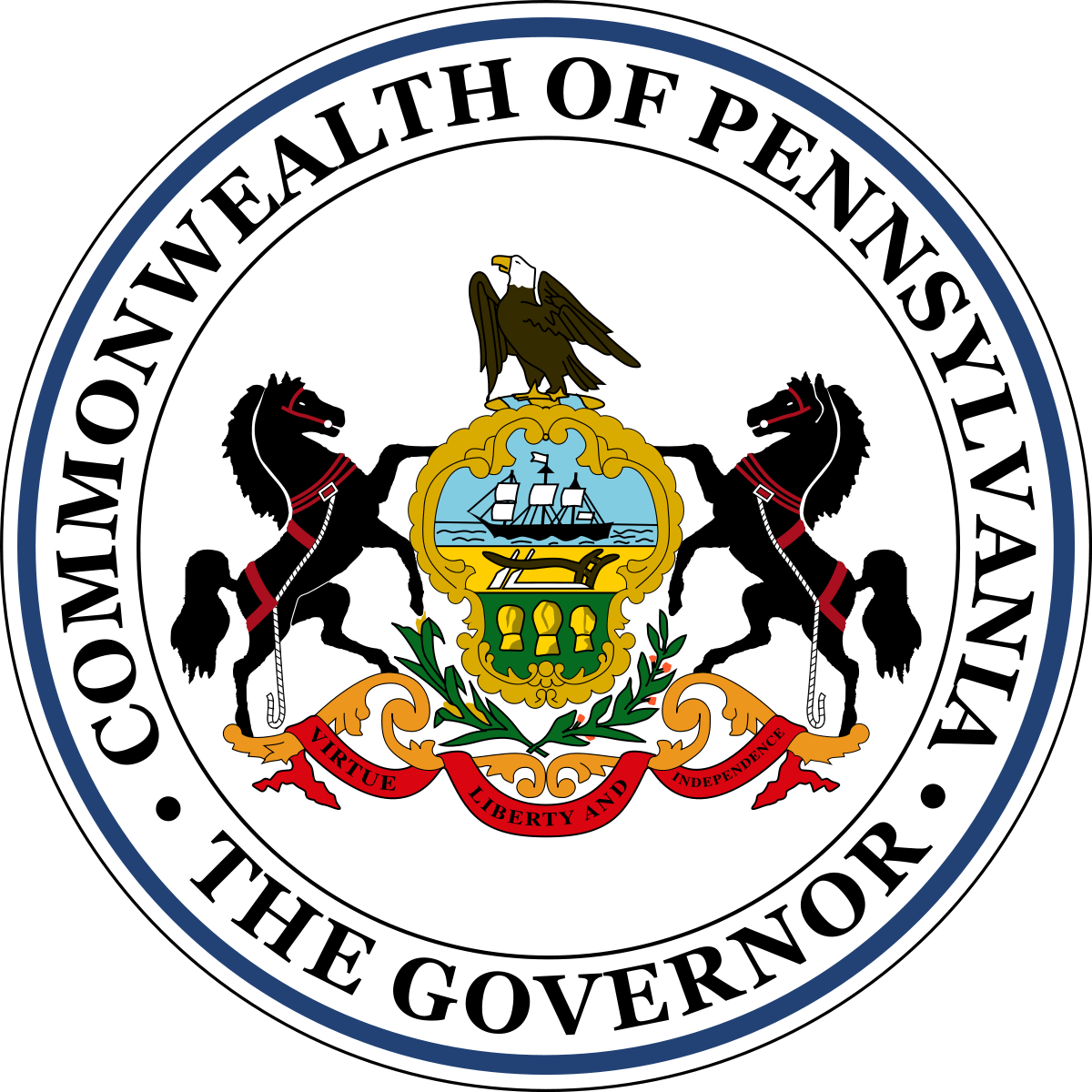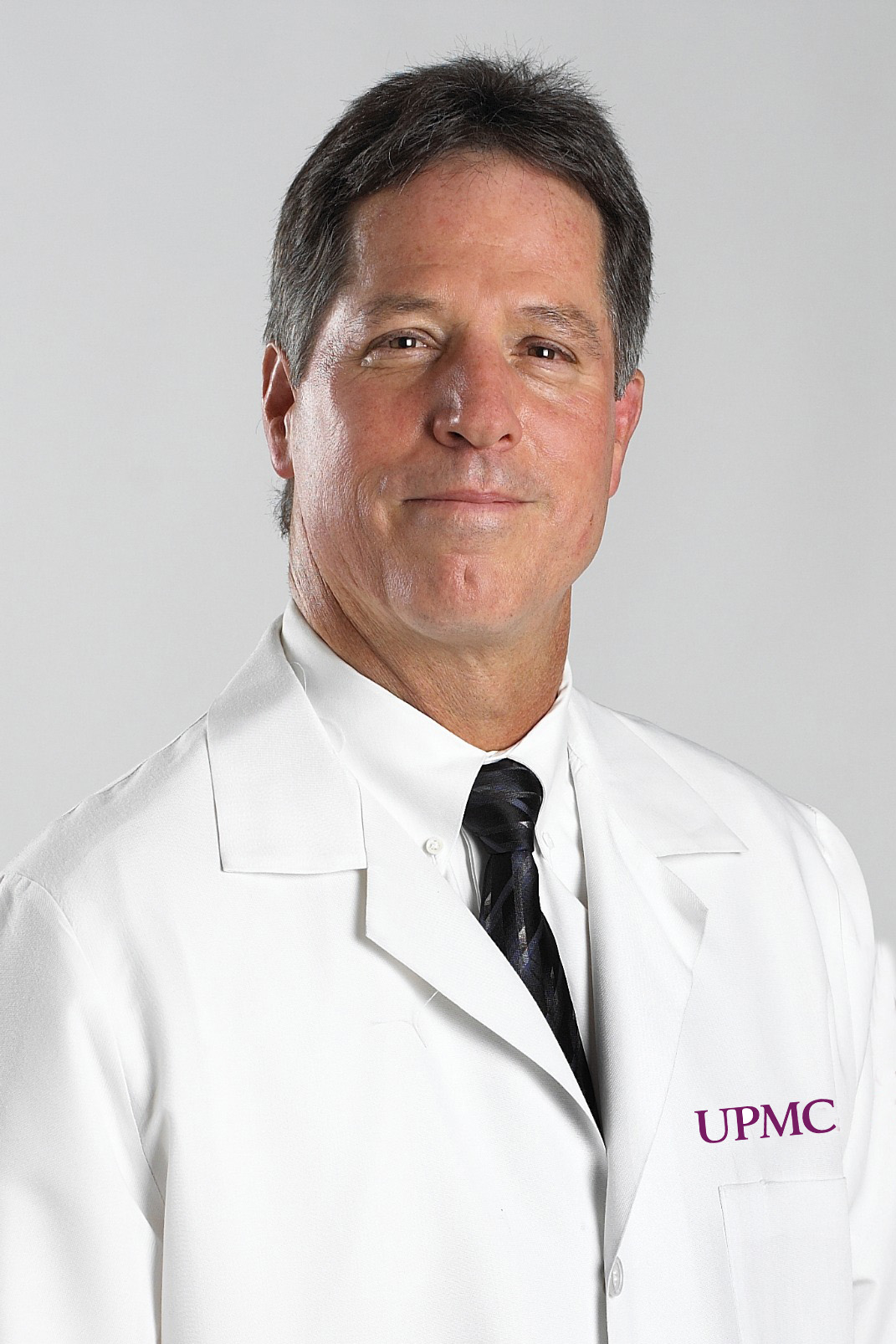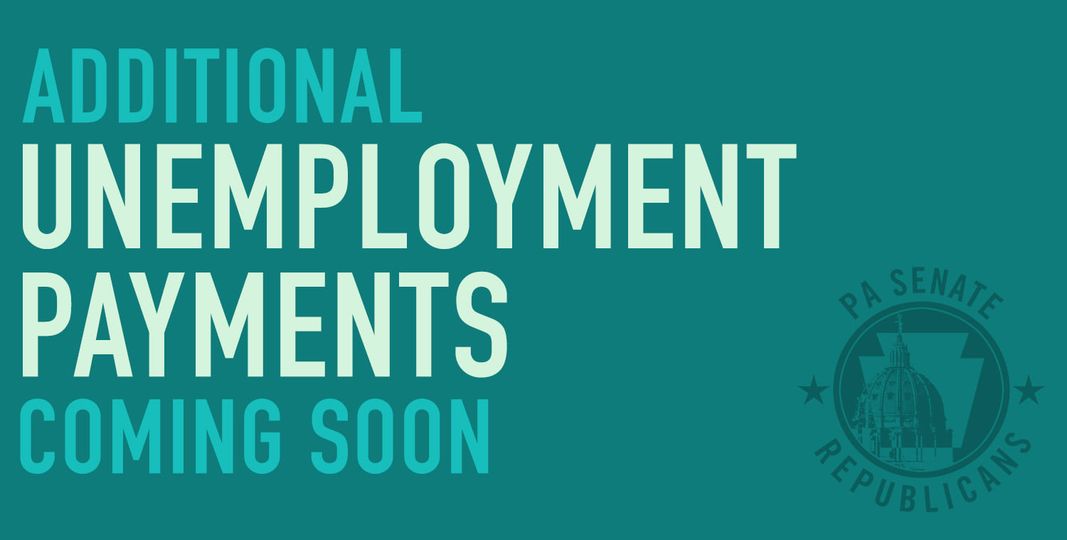3 new cases added Saturday in Lycoming County now at 508 cases and no new deaths with 20 total deaths, with 10,747 negatives according to DOH report.
Department of Health Provides Update on COVID-19,
843 Positives Bring Statewide Total to 132,834
Harrisburg, PA – The Pennsylvania Department of Health today confirmed as of 12:00 a.m., August 29, that there are 843 additional positive cases of COVID-19, bringing the statewide total to 132,834. All 67 counties in Pennsylvania have cases of COVID-19.
Philadelphia is reporting an increase of 109 cases.
The number of tests administered within the last 7 days between August 22 and August 28 is 158,746 with 4,366 positive cases. There were 24,857 test results reported to the department through 10 p.m., August 28. These results represent the total number of tests administered.
There are 7,671 total deaths attributed to COVID-19, an increase of 16 new deaths reported. County-specific information and a statewide map are available on the COVID-19 Data Dashboard.
“The mitigation efforts in place now are essential as we protect our most vulnerable Pennsylvanians, including our children as they start school and our loved ones in long-term care facilities,” Secretary of Health Dr. Rachel Levine said. “Wearing a mask, practicing social distancing, and following the requirements set forth in the orders for bars and restaurants, gatherings, and telework will help keep our case counts low. We know that the cases in schools and in facilities such as nursing homes are often a reflection of the spread of the virus in the local community. Together, as Pennsylvanians, we each have a part to play in working to ensure that cases of COVID-19 remain low.”
Mask-wearing is required in all businesses and whenever leaving home. Consistent mask-wearing is critical to preventing the spread of COVID-19.
Beginning today, the department will begin publishing COVID-19 case counts using the updated standardized case definition for COVID-19 from the Council of State and Territorial Epidemiologists. This revised case definitionOpens In A New Window updates criteria for case identification and case classification based on the continued evolution of the COVID-19 pandemic. It updates probable case classifications and adds suspect case classifications. The definition for confirmed cases using a positive PCR test has not changed. Viral antigen tests, which identify people who are likely currently infected, will now be considered a probable case, even if the individual has no symptoms or exposure history. Persons with a positive antibody (serology) test, moving forward, will no longer be considered a probable case. However, cases previously counted as probable cases, using the prior national case definition, will remain counted as probable cases.
There are 654 patients who are considered probable cases. This includes 8 who have a positive viral antigen test and are considered probable cases and 646 patients who have a positive serology test and either COVID-19 symptoms or a high-risk exposure.
There are 1,504,108 patients who have tested negative to date. Of the patients who have tested positive to date the age breakdown is as follows:
- 1% are ages 0-4;
- Nearly 2% are ages 5-12;
- Nearly 4% are ages 13-18;
- 10% are ages 19-24;
- Nearly 38% are ages 25-49;
- Nearly 23% are ages 50-64; and
- Approximately 23% are ages 65 or older.
Most of the patients hospitalized are ages 25-49, and most of the deaths have occurred in patients 65 or older. More data is available here.
The department is seeing significant increases in the number of COVID-19 cases among younger age groups, particularly 19 to 24-year-olds. An alert was sent to healthcare providers about the changing COVID-19 case demographics, as there are more cases in younger age groups than in those 50-64 and 65+. The following regions saw significant increases among 19 to 24-year-olds in each month from April to present in August:
- SE – Nearly 5 percent of cases in April to nearly 18 percent of cases so far in August;
- NE – 6 percent of cases in April to nearly 19 percent of cases so far in August;
- NC – Approximately 7 percent of cases in April to nearly 17 percent of cases so far in August;
- SW – Approximately 5 percent of cases in April to 12 percent of cases so far in August;
- SC – Approximately 7 percent of cases in April to nearly 13 percent of cases so far in August; and
- NW – Nearly 7 percent of cases in April to nearly 10 percent of cases so far in August.
In nursing and personal care homes, there are 20,979 resident cases of COVID-19, and 4,478 cases among employees, for a total of 25,457 at 925 distinct facilities in 61 counties. Out of our total deaths, 5,186 have occurred in residents from nursing or personal care facilities. A county breakdown can be found here.
Approximately 9,565 of our total cases are among health care workers.
For the latest information for individuals, families, businesses and schools, visit “Responding to COVID-19” on pa.gov.
Currently, all 67 counties are in the green phase of reopening.
The Wolf Administration stresses the role Pennsylvanians play in helping to reduce the spread of COVID-19:
- Wash your hands with soap and water for at least 20 seconds or use hand sanitizer if soap and water are not available.
- Cover any coughs or sneezes with your elbow, not your hands.
- Clean surfaces frequently.
- Stay home to avoid spreading COVID-19, especially if you are unwell.
- If you must go out, you are required to wear a mask when in a business or where it is difficult to maintain proper social distancing.
Updated Coronavirus Links: Press Releases, State Lab Photos, Graphics
- Daily COVID-19 Report
- Press releases regarding coronavirus
- Latest information on the coronavirus
- Photos of the state’s lab in ExtonOpens In A New Window (for download and use)
- Coronavirus and preparedness graphics (located at the bottom of the page)
- Community preparedness and procedures materialsOpens In A New Window
- Map with the number of COVID-19 casesOpens In A New Window
All Pennsylvania residents are encouraged to sign up for AlertPA, a text notification system for health, weather, and other important alerts like COVID-19 updates from commonwealth agencies. Residents can sign up online at www.ready.pa.gov/BeInformed/Signup-For-Alerts.


